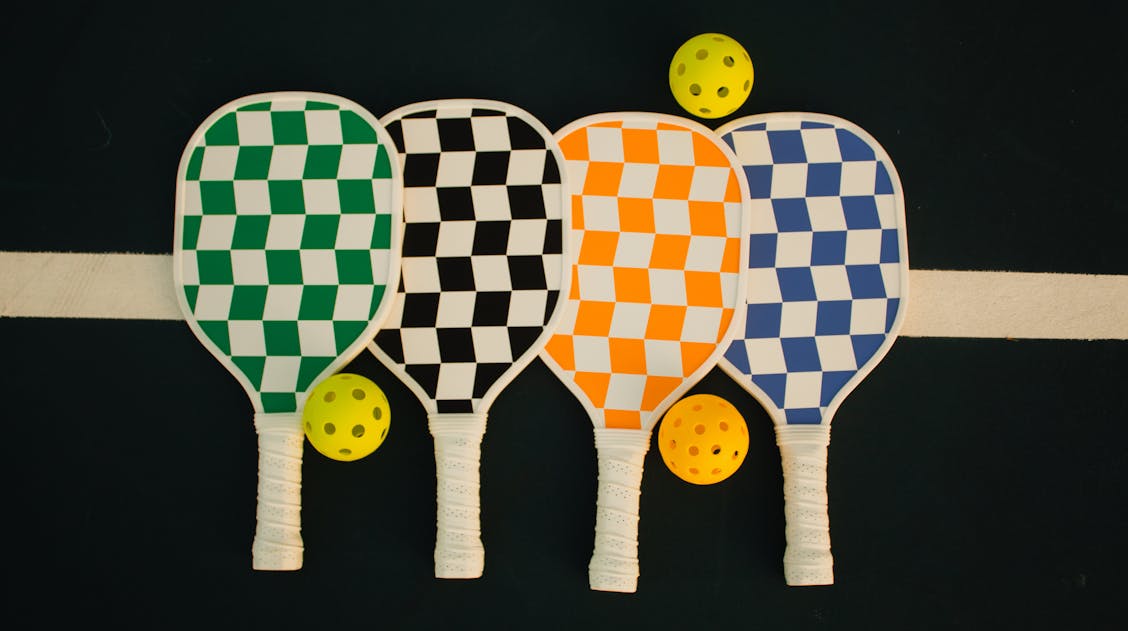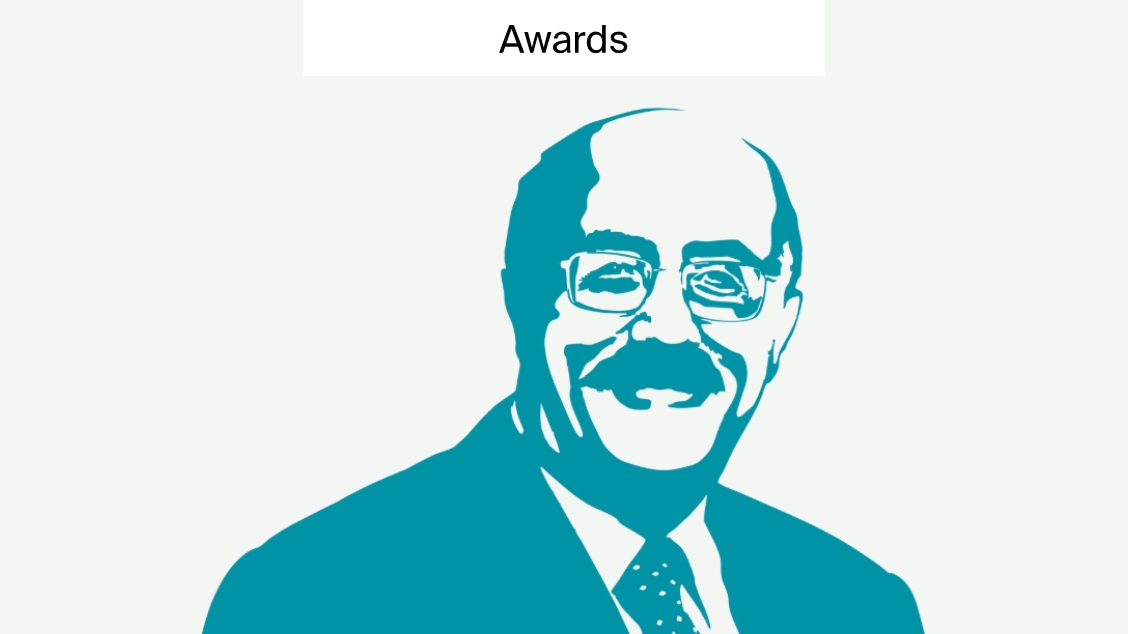
Pickleball Can Support Cancer Survivor’s Health and Wellness
Cancer is the leading cause of death globally, according to the World Health Organisation (WHO). In 2020, cancer accounted for 10 million deaths worldwide. The incidence rates of cancer are increasing, and who are most at risk are constantly diversifying and changing due to lifestyle factors. Although cancer continues to affect human health globally, there have been breakthroughs such as advancements in early detection and treatments. Because of this, the number of cancer survivors in the US is predicted to increase from 18.1 million to 26.0 million (nearly 44%) between 2022 and 2040. Cancer survival is calculated based on the percentage of people who are living after being diagnosed. It’s important to continue to support these communities of cancer survivors to increase the likelihood of maintaining a cancer-free life as well as mitigating the damaging effects that cancer and chemotherapy can have on the body.
Physical activity can provide multiple benefits for cancer survivors including improvements in cardiorespiratory fitness, physical functioning, body composition, psychological stress, and health-related quality of life. Researchers from the U.S. who recently published a study in the Open Access journal Healthcare evaluated the effectiveness of a pickleball program for adult cancer survivors intending to increase their physical activity.
Cancer survivors and physical activity
Physical activity has been recommended to cancer survivors by various health organisations and bodies, such as the World Cancer Research Fund, which recommends 150 minutes of moderate-intensity activity per week. However, many cancer survivors fail to meet this recommendation. The National Cancer Institute predicts that 53–86% of cancer survivors do not meet this recommendation. It’s suggested that cancer survivors fail to meet these recommendations and aren’t able to maintain exercise programs because of inadequate social support and lack of enjoyment.
Pickleball has been growing in popularity since 2020; it is now the fastest-growing sport in the U.S. and is suggested to become the most popular racket game in the world. The rules are easy to follow and remember; it’s a social sport that combines elements of tennis, badminton, and ping pong. Moreover, it can be played inside or outside, meaning it is versatile in all climates. A social sport is inclusive and easily accessible to all ages and skill levels. It is quickly becoming a community sport, boasting its own merchandise and encouraging conversation and communication. Because of this, the researchers identified this sport as ideal for promoting physical activity in cancer survivors.
Cancer survivors and pickleball
Project Rally is a community-based pickleball program supported by the YMCA of Suncoast in Tampa, Florida, and Moffitt Cancer Centre. The researchers from the Moffitt Cancer Centre and University of North Carolina evaluated the feasibility and acceptability of Project Rally for cancer survivors. The analysis of the program included pre- and post-program assessments, including questionnaires and physical assessments.
The researchers recruited participants for the program from September 2023 to January 2024. They aimed to have enough participants to analyse the program for 3–7 months.
To participate in the program, the participants had to meet certain requirements:
- Cancer survivors, defined as individuals living following a cancer diagnosis over the age of 18.
- Be able to speak and read English.
- Have been diagnosed with any type of cancer excluding a sole diagnosis of non-melanoma skin cancer.
- Have no known contraindications precluding safe participation in non-medically supervised physical activity per American College of Sports Medicine (ACSM) guidelines and self-report on the Physical Activity Readiness Questionnaire for Everyone (PAR-Q+), or receive appropriate medical clearance from a treating physician.
The participants were encouraged to invite family or friends to also participate in the study. Family or friend participants were also required to meet the requirements apart from the cancer diagnosis.
Pickleball sessions
The rally sessions were held for 2 hours per day over 5 days per week on 3 outdoor pickleball courts at the Greater Palm Harbour YMCA. There was no limit on how many sessions the participants could attend; however, they were encouraged to attend at least 2 hours per week.
The pickleball sessions were led and supervised by a YMCA coach holding an exercise training certification. The coach began the sessions with 10 minutes of warm-up activities, including walking laps around the courts and a combination of different stretches. The sessions were tailored to the needs and abilities of the participants, including practicing pickleball shots such as serves and baseline shots. Moreover, as the participants became familiar with and developed skills in pickleball, the sessions became more dynamic, where they engaged in gameplay against opponents.
Pickleball assessment
The researchers recruited 18 cancer survivors and 5 family or friends to participate in the study. The participants were given a questionnaire to collect data before starting the program, such as sex, age, race, and ethnicity. Additionally, the questionnaire collected information regarding material status, cancer survivor status, and zip code of residence.
The cancer survivors were also asked to report the following characteristics:
- Cancer type(s);
- The current statuses of cancer (living with cancer vs. cancer-free);
- Treatment status (receiving treatment vs. completed treatment);
- Surveillance status (undergoing routine surveillance vs. no longer undergoing routine surveillance);
- History of treatment(s) received; and month and year of last cancer treatment.
The researchers assessed the feasibility and accessibility of pickleball for cancer survivors. The feasibility evaluation included analysing recruitment data; this included the percentage of individuals who enrolled from those who discussed the study with research personnelThey also evaluated retention, such as the percentage of individuals who completed follow-up assessments from those who enrolled and followed the recommended 2-hour exercise sessions per week.
The researchers evaluated acceptability by giving the participants a questionnaire adapted from the Participant Evaluation of Feasibility and Acceptability at follow-up. Additionally, they measured a range of preliminary outcomes, including physical activity, social support, physical activity enjoyment, stress, health-related quality of life, physical functioning, and functional fitness.
Pickleball can help cancer survivors
The researchers note that the program received high recruitment rates, surpassing their 50% target, suggesting that pickleball is appealing and accessible to cancer survivors.
Furthermore, the retention rates were strong as a high percentage of participants completed the program, exceeding the 75% target. Additionally, the adherence rate was also strong, 85.2%, for attending the recommended sessions. Moreover, the researchers identified significant improvements in physical activity and improvements in aspects of fitness, physical functioning, and social support.
“This study shows that pickleball is not only fun, but it can also be a powerful tool for improving the physical and emotional well-being of cancer survivors. The success of Project Rally highlights how community-based programs can provide a meaningful way for cancer survivors to stay active, build connections, and improve their overall quality of life. The YMCA has been an outstanding research partner, and we’re excited about the potential to expand this program and help even more survivors.”- Dr. Nathan Parker, author of the study.
The researchers conclude that the results from this study can be used to further develop the Project Rally program to increase physical activity and improve cancer survivorship outcomes. This includes expanding efforts to grow the program’s scale and reach more survivors via community-based delivery.
If you would like to read more about the role of physical activity on cancer survivors, please see the Healthcare Special Issue: The Role of Physical Activity on Cancer Patients’ and Survivors’ Health-Related Quality of Life.










